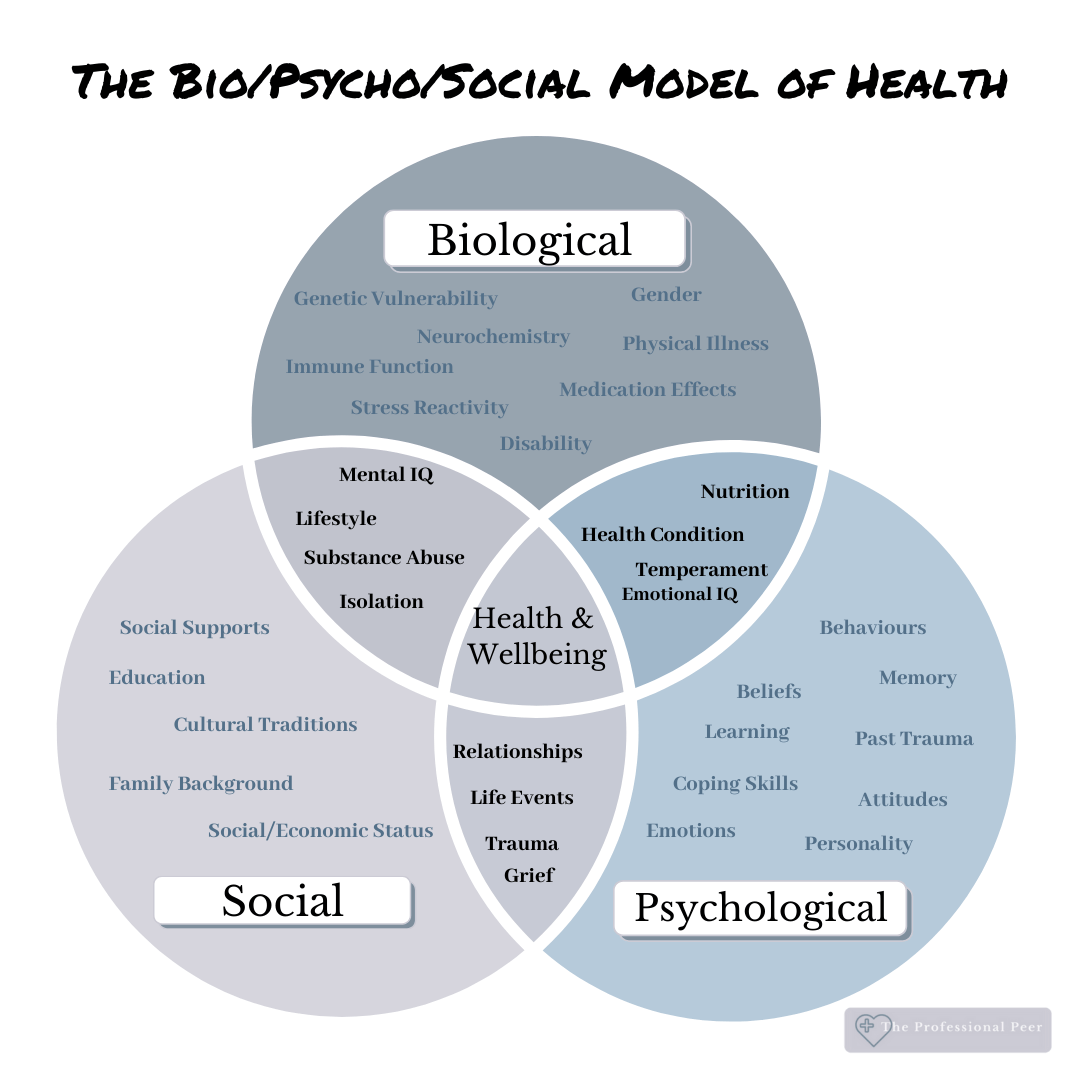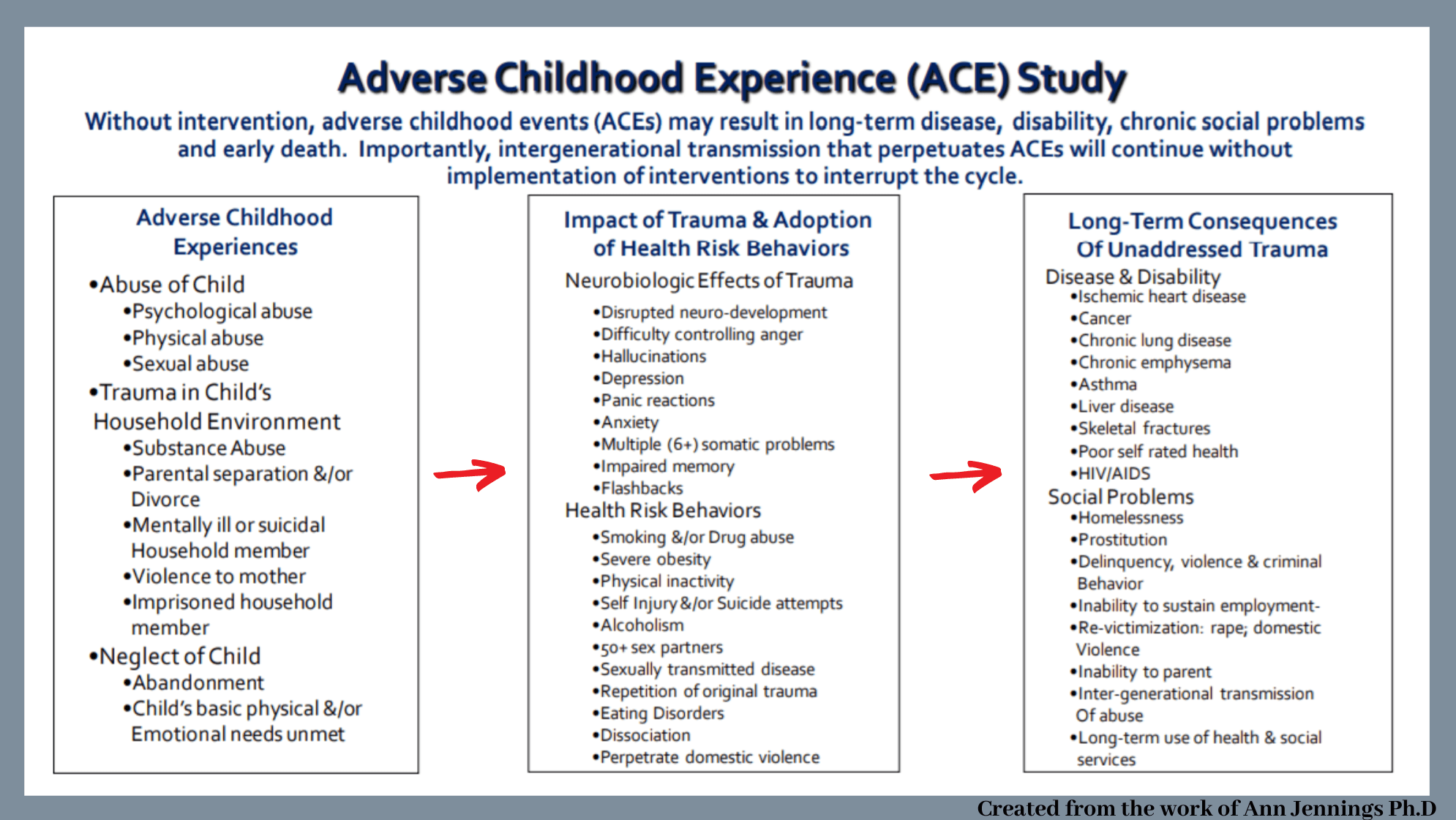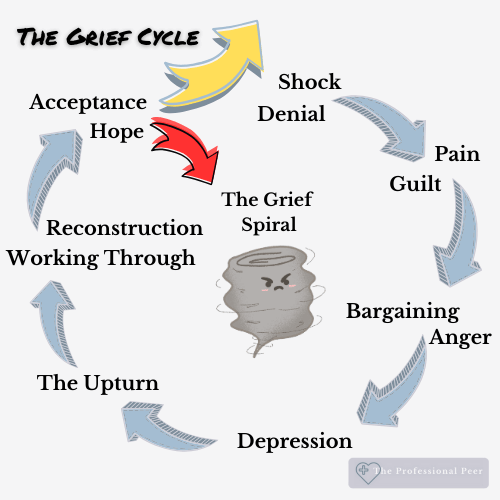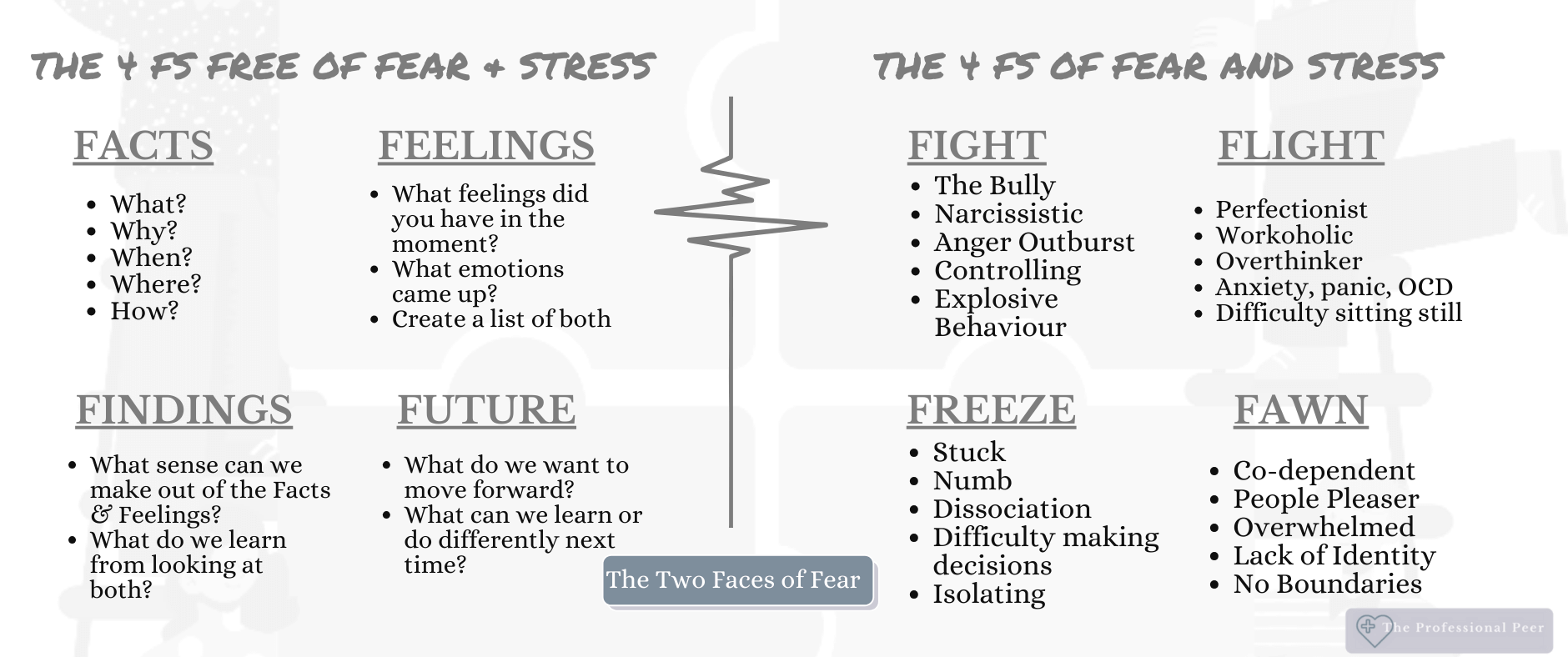Diagrams, Charts, Graphics & Media; Welcome to my favourite Resources... Chose what you would like, download and add them to your personal files for convenience and ease at your finger tips. Here's to living well... Together, we can heal!
Foundations of Human Health
All resources are shared in good faith and meant to make life easier
for you. If there is something you question or need help with,
please feel free to do your own research before reaching out.

The Bio/Psycho/Social Model of Health
The biopsychosocial model offers a holistic approach to health, recognizing the interconnected influences of biology, psychology, and social factors on well-being. It considers how biological factors like genetics and physiology, psychological factors such as thoughts and emotions, and social factors like relationships and environment all shape an individual's health outcomes. By addressing these multiple dimensions, the model provides a comprehensive understanding of health and informs personalized interventions tailored to individual needs, emphasizing the importance of treating the whole person rather than just isolated symptoms.
The Adverse Childhood Experience (ACE) Study
The Study that brings nature & nurture together to
explain the gap between what is considered pathology
and what is at the root of both our Wellness & Well-being.

The Adverse Childhood Experience (ACE) Study
The Adverse Childhood Experience (ACE) Study is a ground-breaking research initiative that explores the long-term effects of childhood trauma on health outcomes. Through surveys and clinical assessments, researchers have identified a range of adverse experiences, including abuse, neglect, and household dysfunction, and linked them to a host of physical and mental health issues later in life. By shedding light on the profound impact of early-life adversity, the ACE Study underscores the importance of trauma-informed care and prevention strategies. It has catalyzed a paradigm shift in healthcare, highlighting the critical role of childhood experiences in shaping adult health trajectories and informing more holistic approaches to patient care.
The Seven Stages of Grief
A natural cycle our bodies flow through each
time we encounter disruptive or unexpected
change, loss or challenging circumstances.

The Seven Stages of Grief
The 7 stages of grief, as outlined by the Kübler-Ross model, describe the emotional journey individuals experience when faced with loss. They progress through Shock and Denial, Anger, Bargaining, Depression, Testing, Acceptance, and finally, Hope. These stages represent the range of emotions and coping mechanisms individuals employ as they come to terms with their loss and ultimately find a path toward healing and acceptance.
The Two Faces of Fear
F~E~A~R has two faces!
Forget Everything And Run
or Face Everything And Rise.

The Two Faces of Fear
Fear manifests in two ways: "Face Everything and Rise" (F.E.A.R.) and "Fear Everything and Run" (F.E.A.R.). How we respond to fear significantly impacts our well-being, especially when ingrained from childhood.
1. "Face Everything and Rise" (F.E.A.R.):
Approach: Confronts adversity with curiosity and solution-driven mindset.
Impact: Builds resilience, fosters personal growth, and enhances overall wellness
2. "Fear Everything and Run" (F.E.A.R.):
Approach: Avoids and distresses in response to challenges.
Impact: Causes chronic stress, hinders focus, and contributes to health problems.
Conclusion: Early lessons about fear shape well-being. Encouraging F.E.A.R. empowers effective navigation of challenges and fosters a positive mindset. Conversely, F.E.A.R. leads to distress, decreased quality of life, and health issues. Understanding these dynamics is crucial for promoting resilience and holistic wellness.
Autonomic Nervous System: Precision Regulation
Fawn, "Favoured", Flight, Fight & Freeze... 5 of the
6 "F"s of our nervous system and what to look for.

Understanding the Autonomic Nervous System: Precision Regulation
The Autonomic Nervous System (ANS) is the body's master regulator, overseeing involuntary functions like heart rate, digestion, and stress responses. Its intricate balance between activation (sympathetic) and relaxation (parasympathetic) dictates our physiological responses to stressors, known as "Fawn, Flight, Fight, Freeze." Recognizing ANS cues, such as changes in heart rate, breathing, and behavior, empowers us to manage stress effectively and promote overall well-being.




